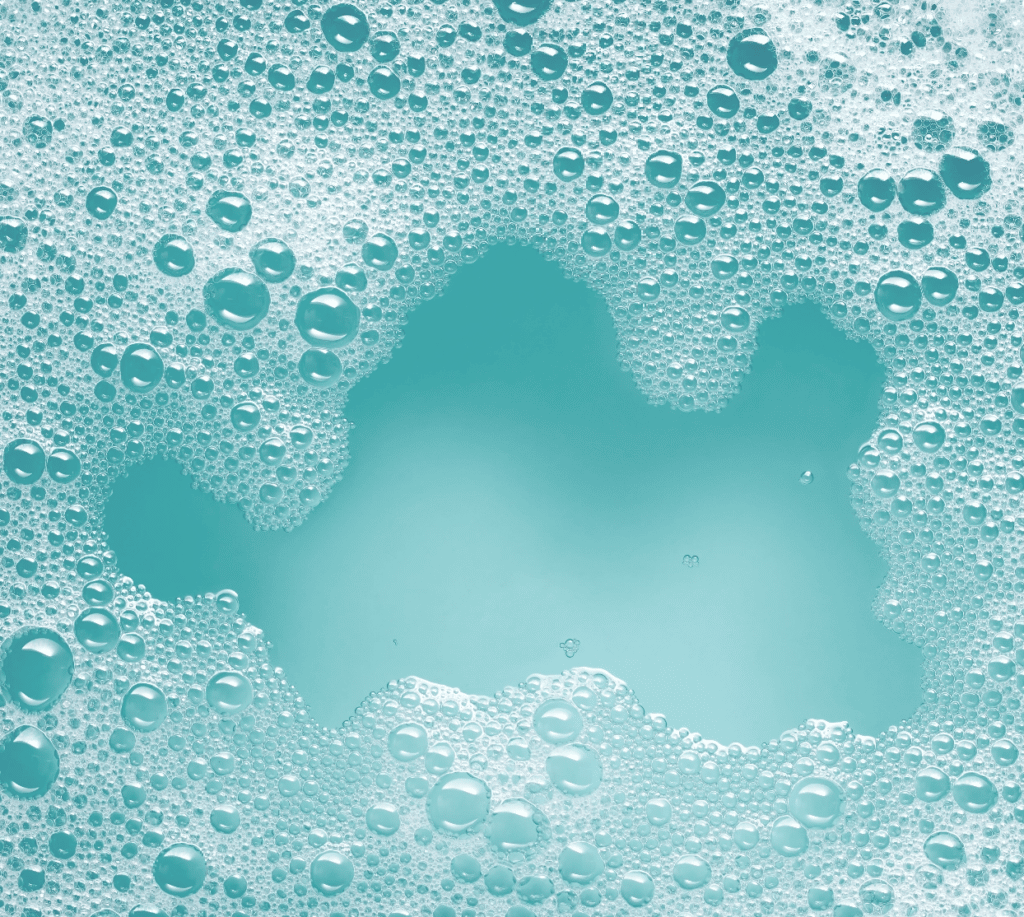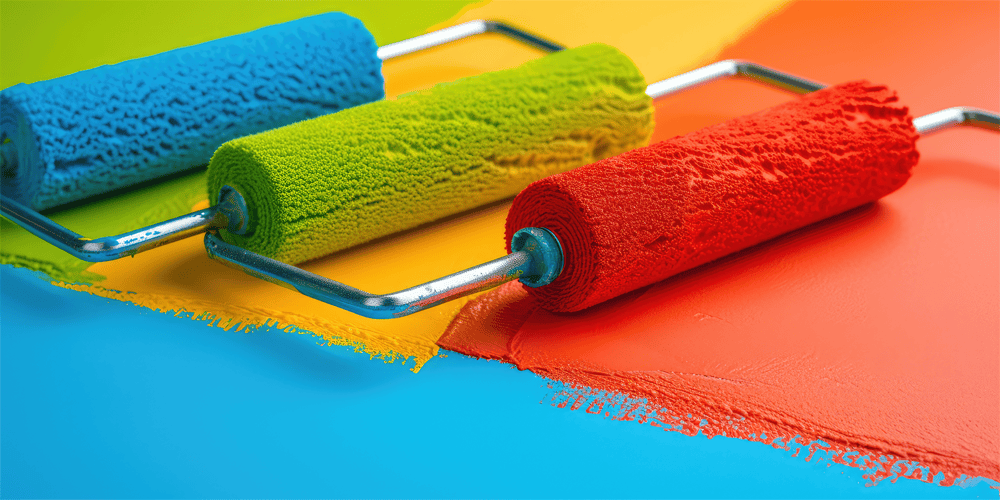Choosing the Best Defoamers for Your Manufacturing Line
Choosing the Best Defoamers for Your Manufacturing Line
Blog Article
The Duty of Defoamers in Enhancing Product High Quality and Performance
Defoamers offer as important ingredients that minimize this issue, making sure smoother manufacturing operations while boosting the practical and visual characteristics of the final products. The option of the proper defoamer can be essential to achieving ideal results, increasing crucial inquiries concerning formulation compatibility and performance metrics that merit further exploration.
Comprehending Defoamers
Recognizing the duty of defoamers is essential for maintaining product quality across different sectors. Defoamers are chemical ingredients designed to stop the development and lower of foam in fluid systems, which can adversely impact processes such as blending, filling, and surface area stress. Foaming can cause ineffectiveness, product issues, and jeopardized visual appeal, making defoamers an important component in producing procedures.
In commercial applications, defoamers help to improve product consistency and stability. As an example, in the paint and layers market, foam can hinder the application process and the final finish. Similarly, in food and drink manufacturing, excessive foam can impede bottling and packaging efficiency (defoamers). The effective use defoamers not only guarantees smoother manufacturing procedures but additionally adds to premium product efficiency.
Furthermore, the selection and formula of a defoamer have to line up with certain application demands, such as compatibility with other active ingredients, efficiency under varying temperature and pH conditions, and possible regulative restrictions. Ultimately, recognizing defoamers' functions and their value in various formulas is crucial for optimizing manufacturing and guaranteeing the finest quality output.
Kinds Of Defoamers
Defoamers can be classified into several kinds based on their make-up and device of action. The key kinds consist of silicone-based, non-silicone organic, and not natural defoamers.
Silicone-based defoamers are among the most efficient, primarily due to their capability to spread out quickly on the fluid surface area and interfere with foam development. Their special chemical structure enables remarkable stability, making them ideal for high-temperature applications and environments with differing pH degrees.
Non-silicone natural defoamers, usually composed of natural oils or fats, are valued for their biodegradability and lower toxicity. These are generally used in food and drink applications where security and ecological impact are critical.
Inorganic defoamers, that include materials like talc or calcium carbonate, act by enhancing the density of the liquid, therefore decreasing foam stability. They are usually used in industrial procedures where compatibility with other products is not an issue.
Each type of defoamer has distinct advantages and constraints, enabling for tailored options depending upon the specific lathering concerns run into in different applications. Understanding these differences is critical for maximizing efficiency and attaining desired product high quality.
Applications Across Industries
Many markets utilize defoamers to improve product high quality and functional performance. In the food and drink sector, defoamers are important in processes such as developing and dairy products manufacturing to avoid foam formation, which can lead to ineffectiveness and product incongruity. By regulating foam, manufacturers can make sure better return and an extra consistent product.
In the pharmaceutical sector, defoamers play a crucial duty in the solution of fluid medicines, where excessive foam can hinder blending and accurate application. Their use assists preserve the integrity of the solutions and facilitates smoother manufacturing processes.
The paint and finishes sector additionally depends on defoamers to improve the efficiency of items throughout application. By decreasing foam, these ingredients make certain a smoother finish and enhance the visual qualities of the final product.

Benefits of Utilizing Defoamers
While the application of defoamers differs across sectors, their benefits continually improve product top quality and procedure performance. One considerable advantage is the reduction of foam formation during producing processes, which can or else cause production delays and variances in item top quality. By reducing foam, defoamers make it possible for a smoother circulation of products, assisting in extra reliable operations and lowering the probability of equipment breakdowns.
In addition, the use of defoamers can enhance the appearance and texture of end products. In markets such as finishings, paints, and food handling, extreme foam can endanger the aesthetic looks and general quality, while the appropriate defoamer application makes certain an uniform surface and desirable qualities. Defoamers can add to set you back savings by lowering waste during production and maximizing the usage of raw materials.

Choosing the Right Defoamer
Selecting the best defoamer is crucial for enhancing production procedures and ensuring item high quality. The option of defoamer influences not only the performance of foam control however also the overall efficiency characteristics of Read Full Article the end product. Factors to consider consist of the kind of application, the chemistry of the formulation, and the ecological conditions under which the item will certainly be utilized.
Different industries may call for specific defoamer kinds, such as silicone-based, natural, or polymeric defoamers. Understanding the compatibility of the defoamer with the primary ingredients is vital to stay clear of adverse reactions that can compromise item honesty. Furthermore, the defoamer's performance in various temperature levels and pH degrees need to be evaluated to make certain constant performance.
Checking the defoamer in small-scale applications can give valuable understandings right into its efficiency and viability. Factor to consider of governing compliance, especially in food, pharmaceuticals, and cosmetics, is paramount in selecting a defoamer. Inevitably, a comprehensive evaluation of these aspects will bring about the selection of a defoamer that not only regulates foam successfully however also enhances the top quality and efficiency of the end product.
Verdict

In final thought, defoamers are important additives that dramatically improve product top quality and efficiency throughout different markets. By properly reducing foam development, these agents not just improve functional effectiveness but also add to the visual and useful honesty of products. The tactical choice and application of defoamers bring about cost savings, optimized resource usage, and enhanced customer contentment. On the whole, the significance of defoamers in commercial procedures can not be overemphasized, as they play an important duty in attaining high-quality and consistent outcomes.
Lathering can lead to their website ineffectiveness, item issues, and compromised aesthetic appeal, making defoamers a crucial part in making procedures.

Report this page